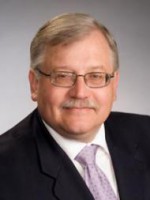 WSLH Medical Director and Disease Prevention Division Director and UW Professor of Pathology and Laboratory Medicine Dr. Dan Kurtycz was installed as President of the American Society of Cytopathology (ASC).
WSLH Medical Director and Disease Prevention Division Director and UW Professor of Pathology and Laboratory Medicine Dr. Dan Kurtycz was installed as President of the American Society of Cytopathology (ASC).
ASC, founded in 1951, is a distinguished national professional society of 3,000+ physicians, cytotechnologists and scientists who are dedicated to the cytologic method of diagnostic pathology. The ASC’s diverse membership includes representatives from other countries who share a vision of education, research and continuous improvement in the standards and quality of patient care. The ASC is a unique society that provides a forum where physicians and cytotechnologists can interact and network with each other on both a personal and professional level. ASC is dedicated to education, research, and most importantly patient advocacy.
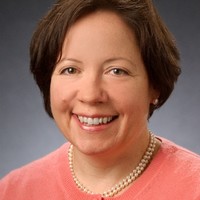 Dr. Patel’s work at the Centers for Disease Control and Prevention (CDC) implementing the Antimicrobial Resistance Laboratory Network has greatly enhanced national capacity to monitor and detect antimicrobial resistance. Dr. Patel has chaired the Clinical and Laboratory Standards Institute (CLSI) Subcommittee for Antimicrobial Susceptibility Testing and works with the World Health Organization to strengthen global surveillance of antimicrobial resistance. Dr. Patel currently works in Principal Scientific Affairs, Microbiology at Beckman Coulter Diagnostics.
Dr. Patel’s work at the Centers for Disease Control and Prevention (CDC) implementing the Antimicrobial Resistance Laboratory Network has greatly enhanced national capacity to monitor and detect antimicrobial resistance. Dr. Patel has chaired the Clinical and Laboratory Standards Institute (CLSI) Subcommittee for Antimicrobial Susceptibility Testing and works with the World Health Organization to strengthen global surveillance of antimicrobial resistance. Dr. Patel currently works in Principal Scientific Affairs, Microbiology at Beckman Coulter Diagnostics.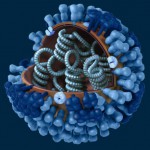 The WSLH
The WSLH 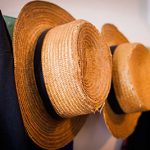
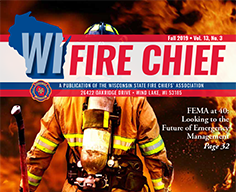 As a member of the national Laboratory Response Network, Wisconsin State Laboratory of Hygiene (WSLH) scientists work closely with the Type I, II and III State Asset HazMat Teams and serve as a testing and support resource in situations involving unknown substances or credible threats.
As a member of the national Laboratory Response Network, Wisconsin State Laboratory of Hygiene (WSLH) scientists work closely with the Type I, II and III State Asset HazMat Teams and serve as a testing and support resource in situations involving unknown substances or credible threats.